Our team supports you
Discover how we can help youReceiving a lung cancer diagnosis can be frightening, but you’re not alone. The Larivière & Massicotte pharmacy team is here to support you through this difficult time, working with your healthcare specialists to ensure the best possible pharmacological treatment. Do not lose hope: lung cancer treatments are progressing at an incredible pace and research has never been so promising. We’re here to give you peace of mind. You focus on fighting the disease, we’ll take care of the rest.
We’re here to help you.

What is lung cancer?
- Small cell lung cancer (SCLC) represents the minority of lung cancer cases. This type of cancer is generally aggressive, with a high propensity to metastasize.
- Non-small cell lung cancer (NSCLC) makes up the vast majority of lung cancers, with adenocarcinomas and squamous cell carcinomas being the main types.
How is lung cancer diagnosed?
Several steps are typically required to diagnose lung cancer. These tests evaluate your general health and rule out diagnoses with similar symptoms to those of lung cancer. They can also identify the type of lung cancer and determine its stage or extent.
A chest X-ray is usually the first step in diagnosing lung cancer, along with a physical examination. Other tests prescribed by your doctor may include blood tests, a chest CT scan, a PET scan, lung function tests, and a biopsy, to name a few.
What are some lung cancer symptoms?
In the early stages of the disease, lung cancer is often asymptomatic. The following symptoms and signs may indicate the possibility of lung cancer, and are a legitimate reason to consult a physician: persistent cough, blood in the phlegm, chronic fatigue, unexplained loss of appetite or weight, wheezing, chest pain, hoarse voice, or frequent lung infections.
What are the treatments for lung cancer?
Lung cancer can be treated in a number of ways. The choice of treatment depends on the type of cancer, the stage of the disease, and the patient’s health. Options include surgery, chemotherapy, immunotherapy, radiotherapy, and targeted therapy.
Our pharmacists are here to answer your questions. Contact us
How can the Larivière & Massicotte pharmacy
support you ?
Our mission
Our committed team works hand in hand with community pharmacists, healthcare teams, and various healthcare professionals to support patients with cancer, ensuring the best possible care for them.
Common questions
What are the risk factors for lung cancer?
Lung cancer’s major risk factors are smoking and exposure to second-hand smoke. Other contributing factors include exposure to certain chemicals, radon exposure, genetic and family history of lung cancer, certain lung diseases, age, and pollution.
Is lung cancer curable?
Some lung cancers can be cured. The chances of remission and recovery vary based on a number of factors, such as the type of cancer, its stage, and the patient’s overall health. If a complete cure is not possible, treatments are available to stabilize the disease and lessen its effects.
Our team is here to support you, contact us.
Resources to help you further
Consult our guides and resourcesCanadian Cancer Society - Lung Cancer
Society offering a wealth of relevant information on cancers. It is involved in research and offers a support network.
Québec Government - Lung Cancer
Government site offering information on lung cancer.
CHUM - Lung Cancer
Lung cancer fact sheet published by the CHUM Cancer Literacy Centre.



